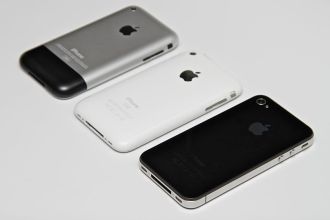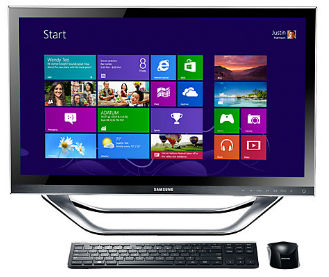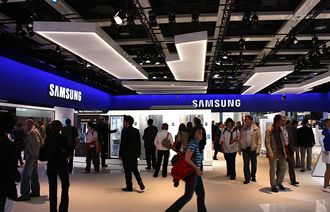 LG is behaving oddly over moves by Qualcomm to fix overheating problems in its Snapdragon 810 chip.
LG is behaving oddly over moves by Qualcomm to fix overheating problems in its Snapdragon 810 chip.
Samsung told Qualcomm it would not use the chip for its Galaxy S6 model because of overheating problems and Qualcomm suggested it would make a few modifications.
However LG, which is also using the chip, appears outraged. Its initial response to Samsung’s statement was that the chip never overheated and there were no problems. Now it is threatening to take legal action against Qualcomm if it modifies its latest Snapdragon 810 chip.
Its argument is that if Qualcomm modifies the Snapdragon 810, it means that the company admits the chipset has a flaw. Then it could trigger legal disputes, a spokesLG said.
So in other words – LG claims there is nothing wrong with the chip, but if Qualcomm admits there is something wrong with the chip then it will sue.
The question here is then why LG did not detect the Snapdragon’s fire breathing qualities.
It has been suggested that Qualcomm will provide a modified chipset to Samsung, something that Qualcomm and Samsung Electronics declined to confirm.
The Snapdragon 810 is designed as a 20-nanometer flagship mobile processor for top-tier smartphones.
The system on chip (SoC) integrates the fourth-generation long-term evolution advanced model (LTE-A), dubbed category 6, and theoretically supports up to 450 megabits-per-second data download speed.
But Samsung was worried that the chipset had a serious “throttling” problem that forcibly limits the graphic processing performance when it overheats, reports said.
Analysts said that a chipmaker could modify a new chip before mass production and Qualcomm may update it if its major client Samsung is uncomfortable with the overheating problem.
Qualcomm has said it will start mass-producing the Snapdragon 810 in the first half of the year.
For Qualcomm, Samsung Electronics is one of the most important partners, so the company is likely to show some reaction to the overheating issue.









